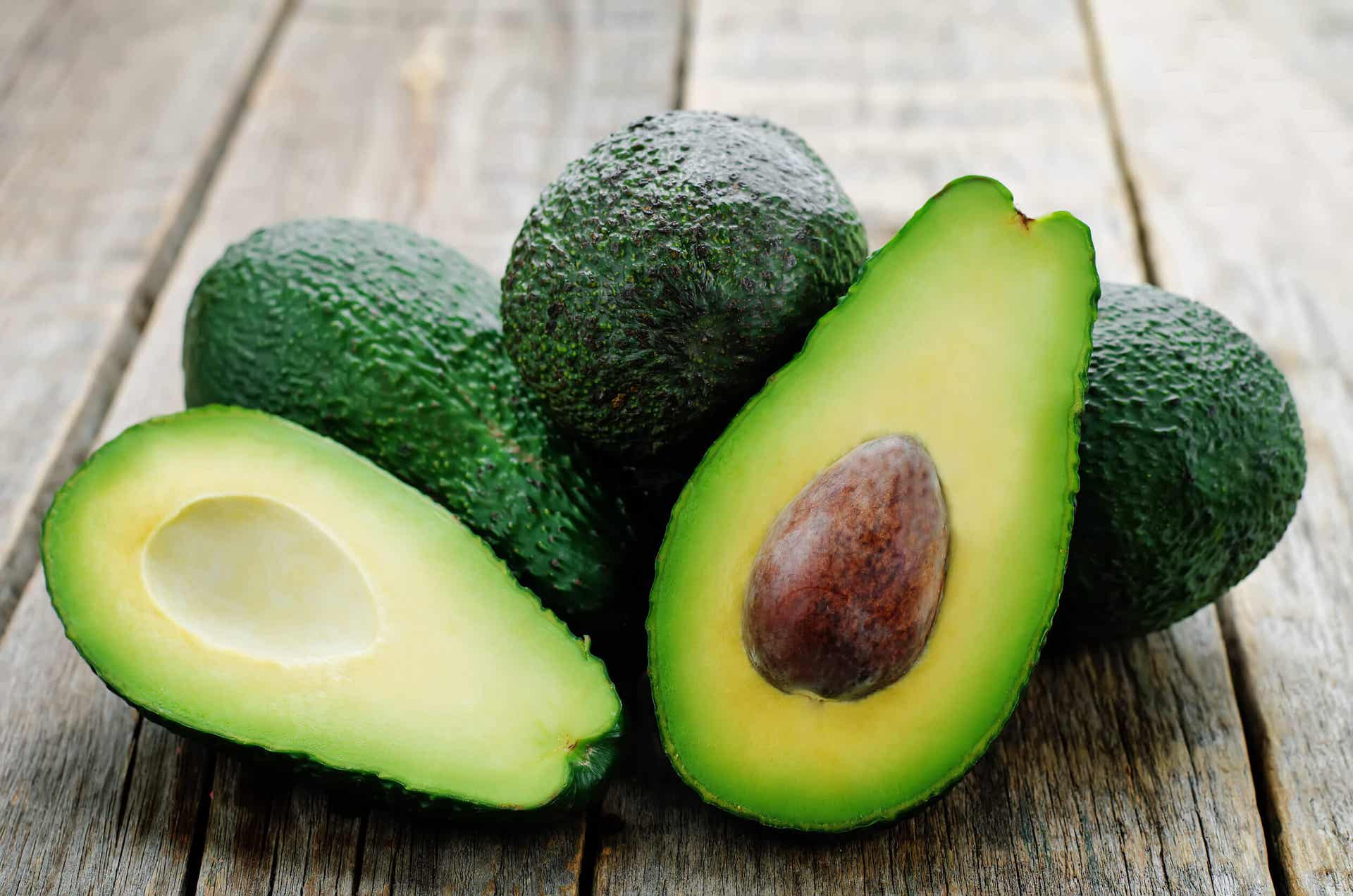7 Myths about Food and Arthritis

In this article, we’ll explain all about some myths about food and arthritis, as well as other natural remedies that have been proven to help.
Is it true that some foods such as vinegar, raisins, or red wine significantly improve the symptoms of this disease? Is it true that some foods such as dairy products can harm us? In this article, we’ll share the answers to these questions.
Why does arthritis hurt?
The pain that we feel is a result of inflammation and stiffness caused by the two bones rubbing against each other due to the gradual wear and tear of the cartilage. When cartilage is working well, its function is to protect the joint, allow smooth movement, and cushion the pressure and impact caused by movement.
In addition to pain and inflammation, arthritis also limits the ability to move and, in some cases, can even cause reddening of the skin.

Why are there myths about food and arthritis?
Arthritis is a disease that can be, in some cases, very painful. It can force sufferers to resort to heavy medication. However, the fact that medical treatment isn’t always effective, and often causes side effects, has caused many people to look for other alternatives.
The Arthritis Foundation has explained the most common myths regarding food that some people say can combat the disease. No rigorous study has proven the benefits that have been attributed to the following natural remedies.
Unproven myths regarding food and arthritis
- A dozen raisins soaked in gin provide daily relief.
- Apple cider vinegar soothes aches and pains.
- Dairy products consumption worsens arthritis symptoms.
- Solanaceae (tomatoes, potatoes, eggplant, and bell peppers) aggravate this disease.
- Raw diets, which are based on the consumption of raw foods, improve this ailment.
- Moderate consumption of red wine, thanks to its resveratrol content, controls arthritis.
- The consumption of citrus fruits can aggravate this disease.
We recommend you read: 8 Benefits of Drinking Red Wine
Foods that do work
The same foundation lists the foods that do have scientifically proven positive results on arthritis:
- Avocado: relieves osteoarthritis and delays its progression.
- Cold water fish oil, such as cod, mackerel, or tuna: it’s rich in omega-3 fatty acids, which help reduce inflammation in the joints.
- Green tea: very rich in antioxidants and anti-inflammatory principles.
- Turmeric: excellent anti-inflammatory and analgesic spice, which will reduce swelling and soothe pain.
- Ginger: similar to turmeric, ginger is also very effective in combating arthritis.
- Olive oil: this oil is very beneficial for the body in general and for arthritis in particular.
- Flaxseeds and flax oil: rich in omega-3 fatty acids and glucosamine.
- Chili pepper: this type of spice has been shown in several studies that, due to its capsaicin content, can help relieve pain if applied externally, directly on the skin of the affected area.
- Cat’s claw: this medicinal plant, also known as devil’s claw, is one of the most effective for treating arthritis.
- Green nettle: this is very depurative and helps to combat the symptoms of this ailment.
It’s essential to always consult with a doctor or therapist before using a natural remedy, especially if you’re taking medication.

Beneficial vitamins
We can complement the benefits of a diet that includes these foods with the following natural vitamin supplements:
- Vitamin A: antioxidant and tissue protector.
- Vitamin C: helps to manufacture collagen and connective tissue.
- Vitamin B1 or thiamine: converts sugars into energy.
- Vitamin B2 or riboflavin: promotes the creation of new cells.
- Vitamin B3 or niacin: improves the energetic capacity of the organism.
- Vitamin B6: improves the synthesis of amino acids, erythrocytes, and antibodies.
- Vitamin D: promotes calcium absorption and its deficiency can cause bone and muscle weakness.
We can obtain these vitamins through food, or we can try supplements adapted to our own particular case. We should never self-medicate on our own; we should always go and see an expert.
All cited sources were thoroughly reviewed by our team to ensure their quality, reliability, currency, and validity. The bibliography of this article was considered reliable and of academic or scientific accuracy.
- Turrión Nieves, A., Martín Holguera, R., Pérez Gómez, A., & Álvarez de Mon-Soto, M. (2017). Artritis reumatoide. Medicine (Spain). https://doi.org/10.1016/j.med.2017.02.010
- Movasat Hajkhan, A., Turrión Nieves, A., Bohorquez Heras, C., & Pérez Gómez, A. (2017). Tratamiento de la artritis reumatoide. Medicine (Spain). https://doi.org/10.1016/j.med.2017.02.011
- Massardo, L. (2008). Artritis reumatoide temprana. Revista Medica de Chile. https://doi.org/10.4067/S0034-98872008001100015
This text is provided for informational purposes only and does not replace consultation with a professional. If in doubt, consult your specialist.








